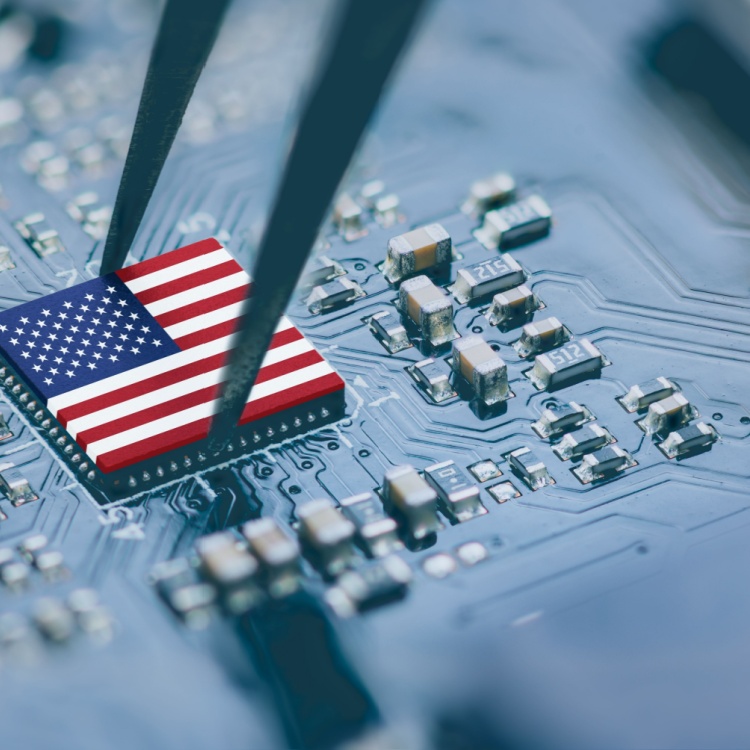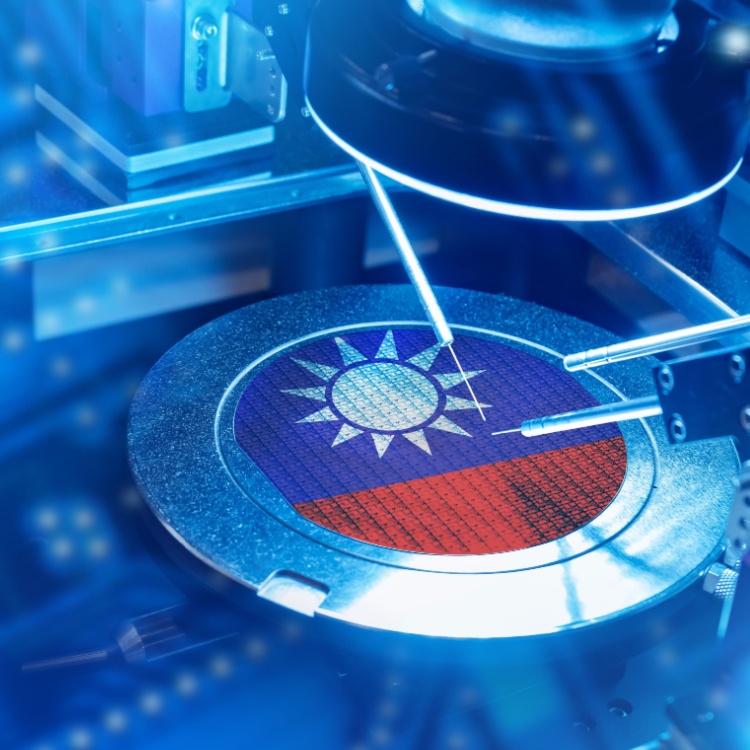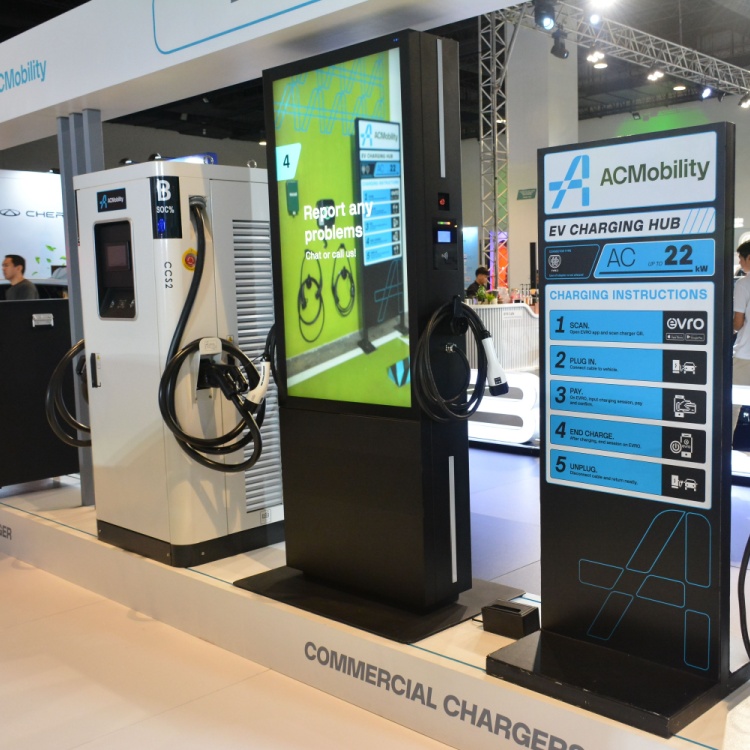Singapore Paves the Way for Zero-Carbon Roads

As Singapore moves towards EV adoption, find out how this transition will impact the public and businesses.
By June of this year, EV registrations in Singapore made up 8.4% of all new vehicle registrations. This is more than double the rate for all of 2021.
With Singapore aiming to phase out gasoline and diesel vehicles by 2040, changes are already being seen in the various industries that fuel Singaporeans’ everyday journeys.
In this article, we take a look at how EV adoption is affecting fuel retailers, real estate developers, and drivers.
Money to motivate the switch
Electric vehicles cost around 78% more than an equivalent internal combustion engine (ICE) vehicle, making upfront cost a deterrent to going electric.
To encourage drivers to switch to EVs, the Singaporean government has been offering rebates. Last year, about SGD 30 million were doled out to both individual and fleet vehicle owners.
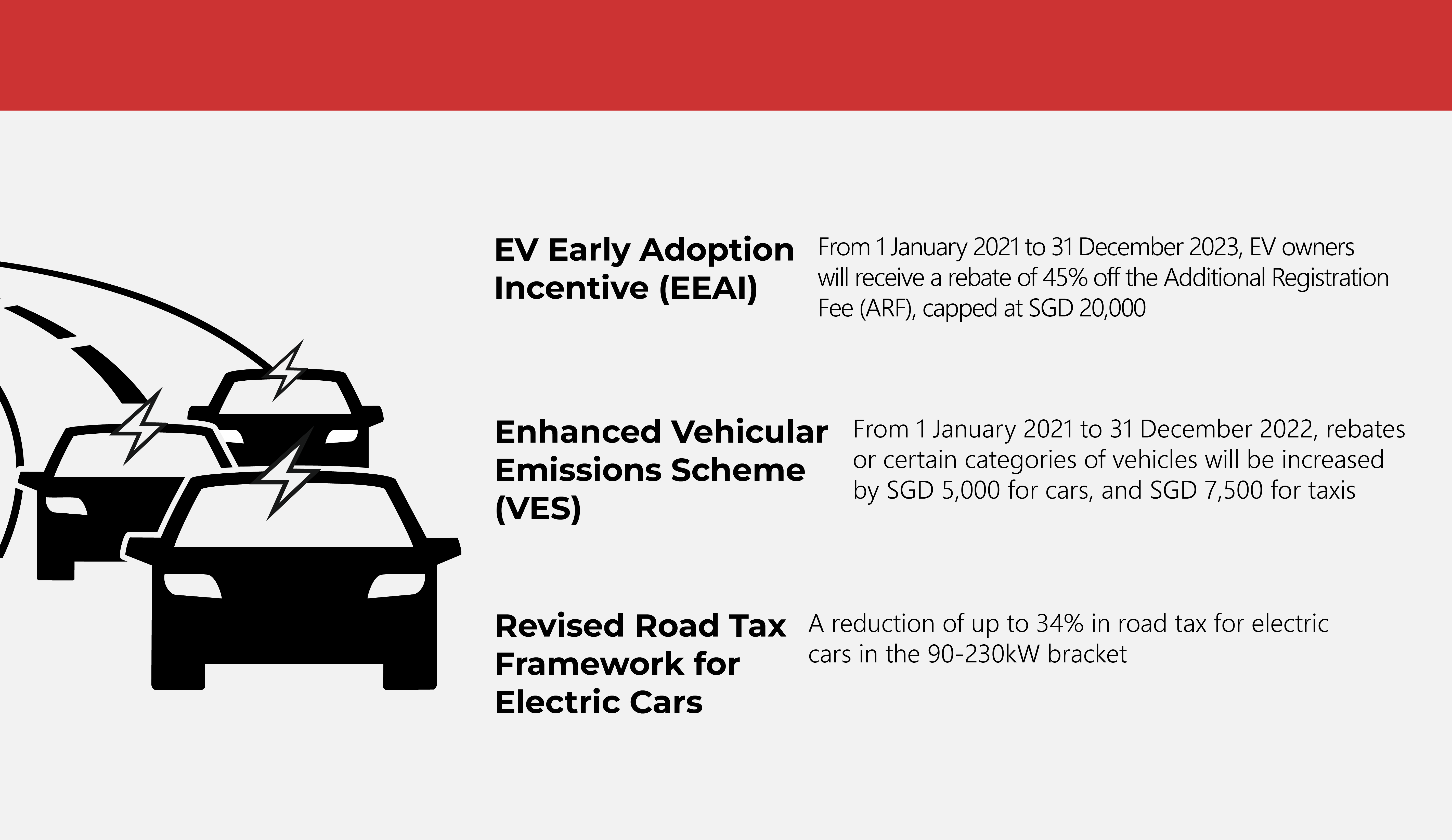
Charging towards change
To encourage and support the switch to EVs, the government must also provide its citizens with the necessary EV infrastructure and legislation.
The Singapore government’s target is to have 60,000 EV charging points across the country by 2030. Of these, 40,000 will be located in public carparks while 20,000 will be on private premises.
Last June, the Singapore government proposed laws governing EV charging. The Electric Vehicle Charging Bill will ensure the safety, accessibility, and regulation of EV charging facilities and services.
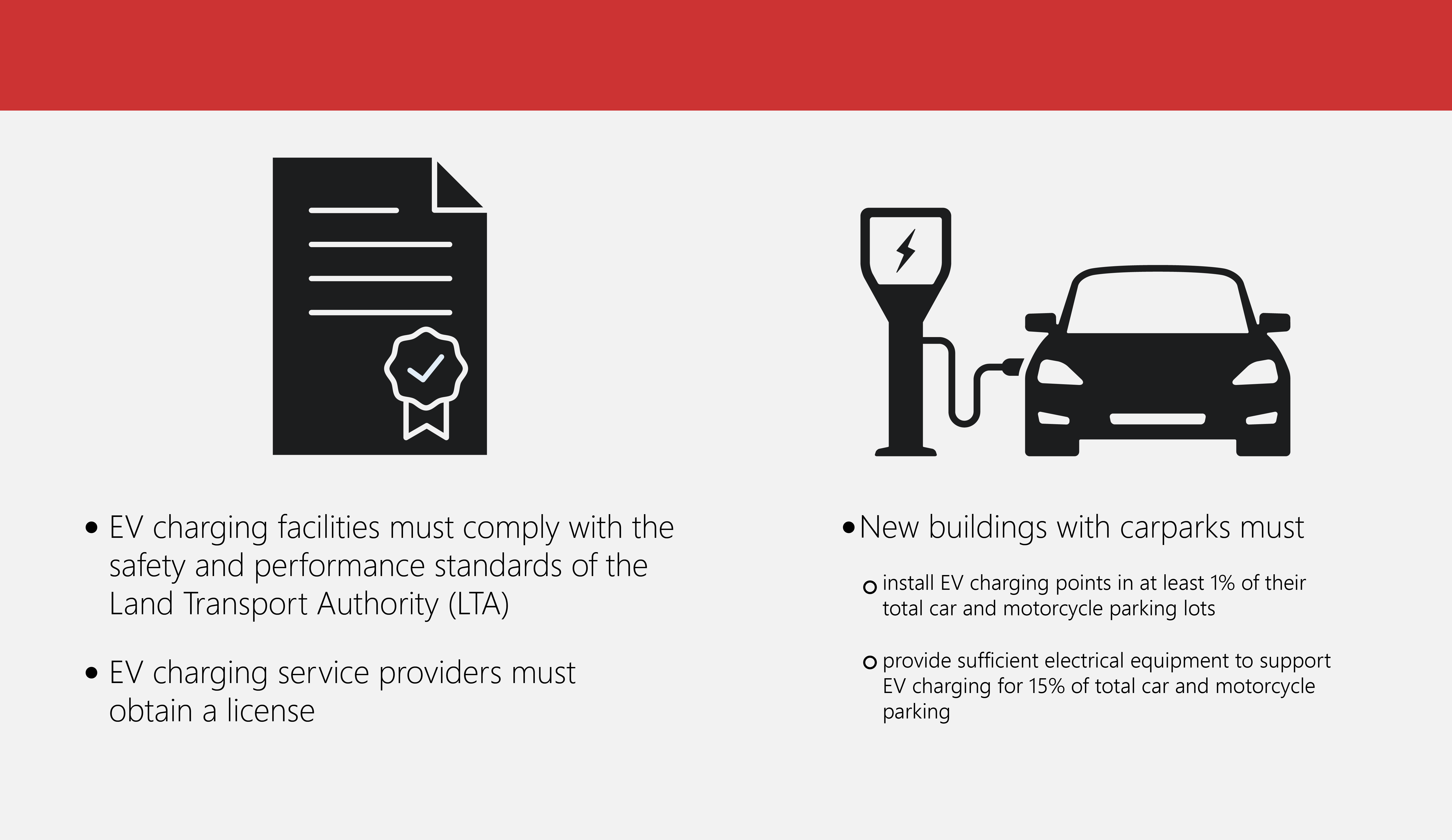
(Also read: EV Chargers: A Modern Home’s Must-Have)
Powering a greener future
According to the Urban Redevelopment Authority (URA), there are about 180 gasoline stations in Singapore. As the country transitions to clean transportation energy, gasoline stations will have to reshape their businesses to adapt to the changing needs of the market.
Replacing gasoline and diesel pumps with charge points is only the first step. Since a fast charge takes considerably longer than filling up a gas tank, gas stations need to offer value-added services to make a customer’s charging experience comfortable and convenient. With forecourts, the open space in front of gas stations, operators could provide their customers with everything from grocery shopping to courier services to a quick coffee break.
Global management consulting firm McKinsey estimates that the global value of forecourts will increase from USD 22 billion in 2019 to USD 30 billion in 2030. EV charging, in particular, could reach USD 20 billion by 2030.
Oil companies in Singapore are pivoting to meet the rise of EVs. Chevron Singapore has partnered with SP Group to offer fast EV charging at selected Caltex stations.
According to a press release, four Caltex service stations located at Chong Pang (North), Changi (East), Jurong Spring (West), and Dunearn (Central) will be equipped with 50kW direct current (DC) fast chargers that can charge up an EV in 30 minutes.
“We are pleased to partner [with] Caltex in our first collaboration with a fuels and lubricants retailer,” said Mr. Stanley Huang, Group Chief Executive Officer of SP. “This gives EV drivers greater convenience as it accelerates the accessibility of charging locations that are incorporated in our daily activities.”
“Our aim is to build Singapore’s largest public EV charging network and expand our integrated green mobility solutions to meet the evolving needs and sustainability goals of businesses and individuals,” Mr. Huang continued.
Meanwhile, energy giant Shell and luxury carmaker Porsche have joined forces to make cross-border EV driving convenient. Six Shell stations located along Malaysia’s North-South highway will be equipped with 180 kW direct-current (DC) chargers, making it the region’s first cross-border high-performance charging (HPC) network.
“With this new high performance charging network, we are making what was once a vision – long-distance, crossborder emissions-free travel – now a reality," said Dr. Henrik Dreier, Porsche Asia Pacific Director of New Business Fields.
“Customers are at the heart of everything we do,” said Shairan Huzani Husain, Cluster Managing Director, Mobility Malaysia and Singapore, Shell. “We have been investing in building EV charging infrastructure to reduce range anxiety for our customers and this initiative is one of many examples of Shell providing solutions catered to our customers’ need for cleaner energy solutions.”
(Also read: The EV Charging Stations of the Future)
As one of the Top 19 EMS companies in the world, IMI has over 40 years of experience in providing electronics manufacturing and technology solutions.
We are ready to support your business on a global scale.
Our proven technical expertise, worldwide reach, and vast experience in high-growth and emerging markets make us the ideal global manufacturing solutions partner.
Let's work together to build our future today.

